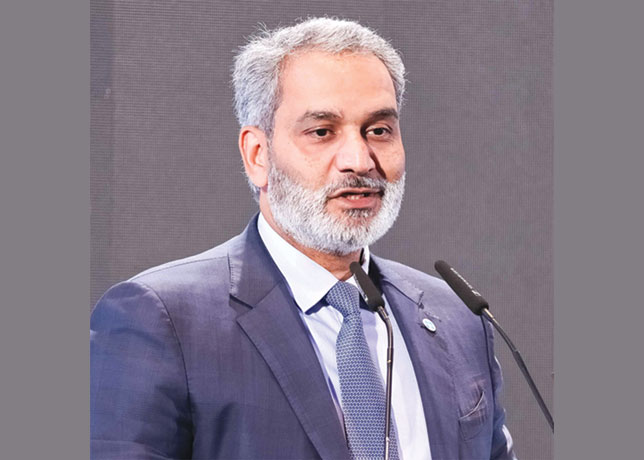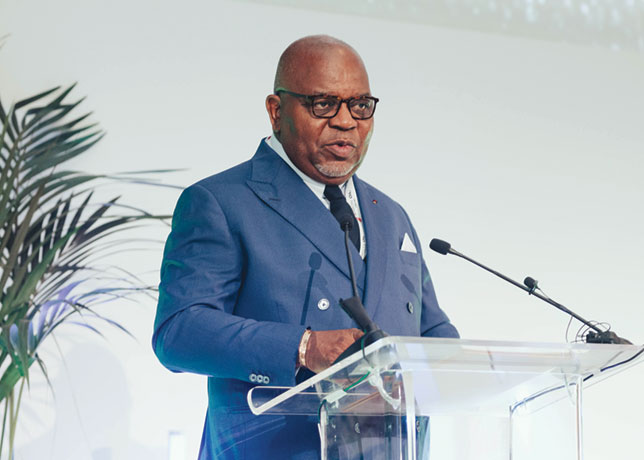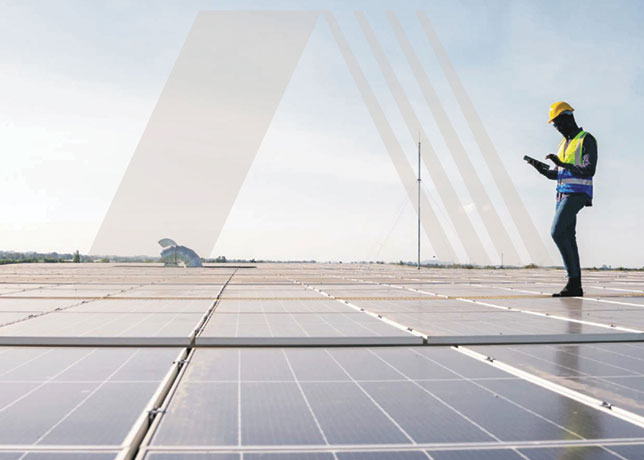
 Al-Ghais ... Opec sees Africa playing a crucial role in shaping oil industry
Al-Ghais ... Opec sees Africa playing a crucial role in shaping oil industry
The Organisation of the Petroleum Exporting Countries (Opec) takes great pride in its African roots and strong connections to the continent. With half of its member countries being African, including Nigeria and Algeria, Opec recognises Africa's potential and believes that the oil industry can contribute positively to its future, states Haitham Al-Ghais, Opec Secretary General.
Throughout its 63-year history, Opec has held significant meetings and conferences in various African cities, and its establishment in Baghdad in 1960 was preceded by the forging of the Gentleman's Agreement in Egypt, Al-Ghais added.
Looking ahead, Opec sees Africa playing a crucial role in shaping both its own future and the future of the oil industry.
Africa's young and vibrant population, coupled with its significant oil reserves and growing oil production, presents substantial opportunities for growth and development.
These resources can help address pressing needs such as poverty reduction, education, employment, and public services.
However, energy poverty remains a significant challenge, with a large portion of the African population lacking access to electricity and clean cooking technologies, according to Al-Ghais.
Opec supports efforts to reduce greenhouse gas emissions but emphasises the importance of achieving a balance between energy security and sustainable development, ensuring that no one is left behind.
Opec recognises the principle of common but differentiated responsibilities and respective capabilities, acknowledging that different countries have different circumstances and needs in addressing climate change.
The organisation advocates for an inclusive approach that encompasses all people, technologies, and energy sources.
Opec member countries are investing in technological innovations such as hydrogen projects, carbon capture and utilisation, direct air capture facilities, and the circular carbon economy.
Recent developments in the energy sector in Africa, particularly in countries like Namibia, Senegal, Mozambique, and Mauritania, present opportunities for the oil industry.
Opec is attentive to these developments and stands ready to support African countries in developing their industries. Enhanced cooperation with organisations like the African Energy Chamber is expected in the future, Al-Ghais concluded.








































































